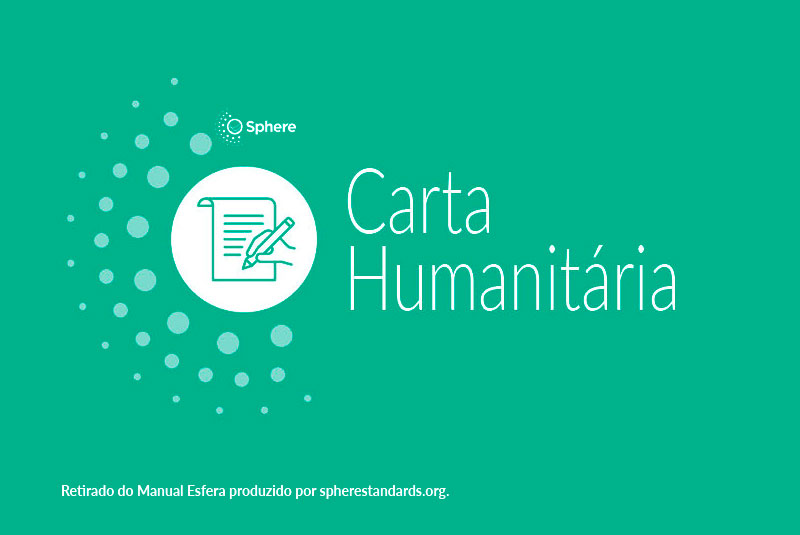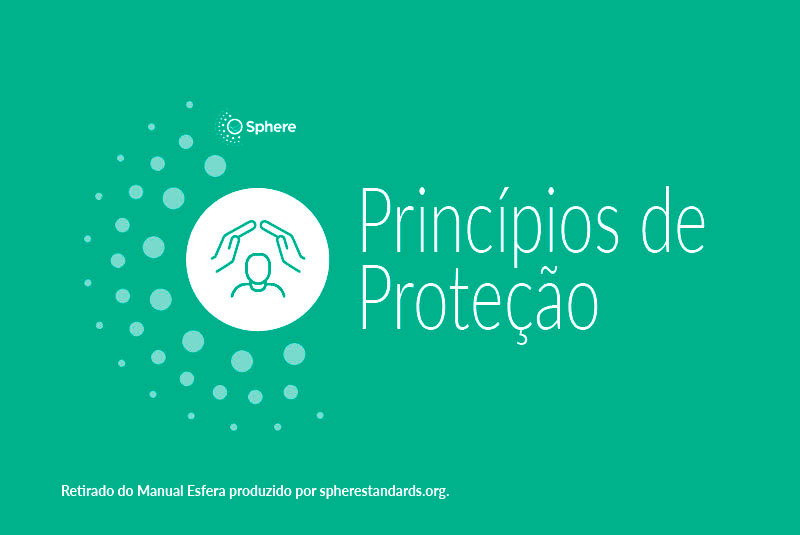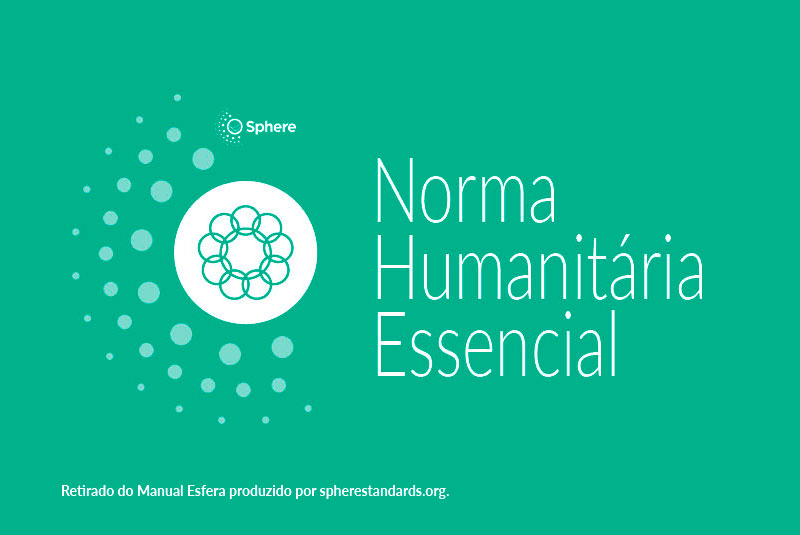Sphere Manual Gathers Essential Standards for Organizations
In humanitarian crises, help for others can only be successful when it is supported and based on precepts established for rights agreed upon among humanitarian organizations.
The Sphere Manual contains three guides of essential standards that fulfill this function – The Humanitarian Letter, the Principles of Protection and the Essential Humanitarian Standards.
The Humanitarian Letter expresses the conviction common to humanitarian agents that all the people affected by a crises have the right to receive protection and assistance.
The letter is divided into:
Convictions that follow the fundamental moral principle for humanity that all human beings are born free and equal regarding dignity and rights. Thus, the humanitarian imperative is; to act, to prevent and alleviate human suffering caused by disasters or armed conflicts and nothing can supersede this principle.
Functions, where it is recognized the primary responsibility of the State to guarantee assistance to people, to secure protection and offer them the necessary help for their recovery. Therefore, it is essential to combine the actions of the official authorities and those of volunteers to promote an effective response. When providing assistance, the humanitarian organizations make it clear that those responsible do not always have the capacity or motivation to assume their role.
Principles are based on the right to live with dignity, receive humanitarian assistance and have protection and safety. In this last one, measures are taken and rights are established in international treaties regarding armed conflicts and the search for asylum or refuge.
The Humanitarian Letter is the document that explains the ethical and legal justifications of the Principles of Protection and of the Essential Humanitarian Standards.
The four Principles of Protection are:
- To Improve the safety, dignity and rights of people, and to avoid exposing them to harm: where the humanitarian agents adopt measures for the reduction of general risks for people, including the potentially negative effects of the humanitarian programs.
- To see to it that people have access to assistance according to their needs and without discrimination: it identifies the obstacles to providing assistance and adopts measures to guarantee their needs are met and without discrimination.
- To help people to recover from the physical and psychological effects of actual violence or the threat of violence, coercion or deliberate deprivation: they give immediate and continuous support to the people affected by violations of their rights.
- To help people claim their rights: Affected communities are helped to claim their rights, supplied with information and documents and efforts are supported, which aim at strengthening respect for rights.
The last of the essential standards of the Manual, the Essential Humanitarian Standards, establishes nine commitments of the humanitarian organizations. They are:
- The humanitarian response is adequate and pertinent;
- The humanitarian response must be efficient and timely;
- The humanitarian response strengthens the local capacities and avoids causing negative effects;
- The humanitarian response is based on communication, participation and feedback;
- Complaints are welcomed and well managed;
- The humanitarian response is coordinated and complementary;
- The humanitarian agents are in a process of constant learning and improvement;
- The team has support to carry out the work in an efficient way and receives impartial treatment;
- The resources are managed and used responsibly for the intended purposes.
Each one of the commitments made have their respective quality criteria, performance indicators, key-actions, responsibilities of the organizations and guidelines for them to be put into practice.
Together, the documents form a solid base of the Sphere Manual and supports all the technical standards.









